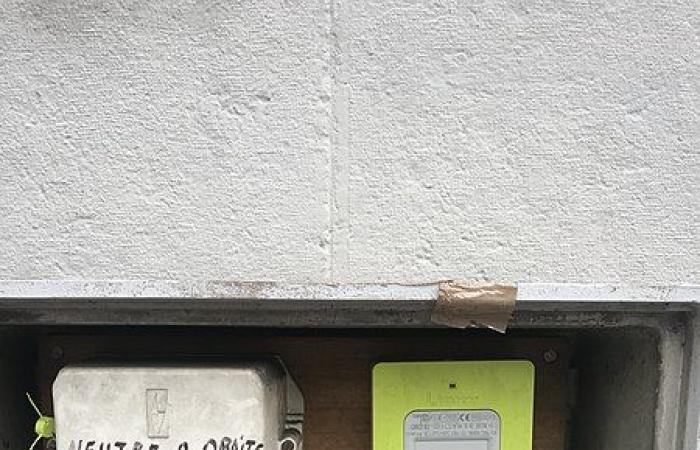Linky meters, the deployment of which had received numerous criticisms in the past, seem even more profitable than expected for Enedis. According to a report from the Court of Auditors unveiled on November 29, the vast operation of installing “smart” meters, praised by the Palais Cambon for having been carried out on time and at a cost much lower than forecast, allowed savings consequential for the energy distributor. The program, initially budgeted at 5.5 billion euros, ultimately ended up at 4.6 billion, i.e. 18% savings and a difference of 880 million euros. Which, on paper, could seem like a success.
However, this flattering picture hides several gray areas. If the operation was successfully completed from a technical and financial point of view, the Court of Auditors raises questions concerning Enedis' remuneration and its initial commitments to the consumer. The report welcomes the “ industrial program with success recognized by most stakeholders » but emphasizes that he did not achieve “ initial forecasts » of 9.7 billion euros in gains promised to consumers. The latter were supposed to save money through optimized management of their energy consumption – something that Linky devices did not really allow. In addition, the EDF subsidiary received additional remuneration of 311 million euros from the State between 2016 and 2023, with a guaranteed rate until 2041.
The Court of Auditors also points to a particularly favorable remuneration system for the manager Enedis, who benefited from a bonus of 407 million euros, between 2016 and 2022, thanks to performance objectives achieved in terms of costs and deadlines. Finally, the report highlights the mechanism of “ tariff deferral », a system that the institution of the Palais Cambon judges “ complex and expensive », ultimately paid by consumers. A set of practices and mechanisms that, ultimately, seem far from benefiting the public.
A counter already under fire from critics
This is not the first time that Linky meters have not lived up to expectations since their deployment, particularly in terms of their real cost and their practical implications. Thus, in 2018, the Court of Auditors already denounced a system “ costly for the consumer », in contradiction with the initial promises. In 2011, Enedis had in fact assured that individuals would not have “ absolutely nothing to pay, neither now nor later » for the installation of meters. However, from 2022, the 90% of equipped households had to start reimbursing the cost of the installation, a total of 130 euros spread over the bills over several years.
At the same time, nearly 1.2 million households continued, in 2023, to refuse the installation of Linky, citing concerns about costs, risks linked to digital technology or even possible abuses in terms of surveillance. A controversy broke out in particular during the health crisis, when it was suggested to use the meter to check the occupancy of second homes. Those who refuse to inform the EDF subsidiary of their consumption index must still pay an annual penalty of more than 50 euros for manual reading. And by 2025, those resistant to the little green box could, in turn, have to pay 41.58 euros every two months, to which would be added 25.08 euros for those who do not transmit themselves their consumption statement.
This report, six years after the one which called for improvements in favor of consumers, above all highlights that the Enedis program, supposed to serve the general interest as manager of a public service, has mainly kept its promises… for the distributor itself.
Print, save as PDF this article






